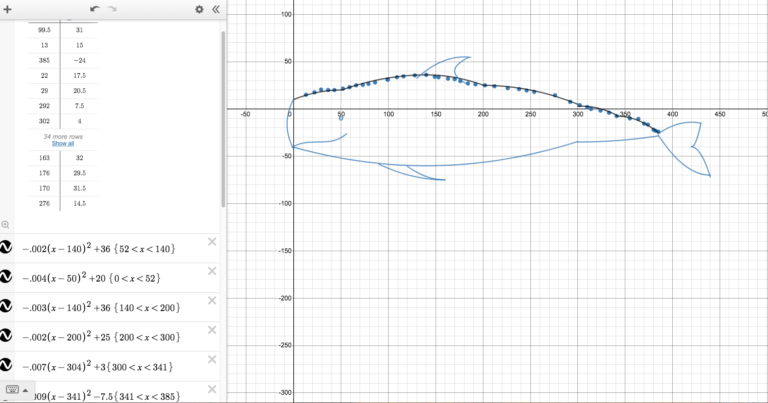History and Social Sciences at Maine Coast Semester
Maine Coast Semester offers two history courses, Honors U.S. History and Advanced Placement® U.S. History (APUSH). While the honors course offers a closer examination of the role of Maine in American history in accordance with our “place-based” pedagogy, APUSH is taught in a more traditional approach to better align with the College Board’s national frameworks and sending schools’ syllabi. In addition to the history courses, both Environmental Issues and World Religions and the Wilderness can be taken for a social studies credit.
United States History (H)
Elective, Prerequisite: None
This course takes a thematic approach to the study of U.S. History; rather than a chronological survey, students trace specific themes and perspectives in American history such as immigration, indigenous history, and the experiences of women. Students have the chance to work with a variety of sources—both primary and secondary—while developing the critical thinking skills necessary to “connect the dots” between past and current events. Additionally, history students will steadily develop their written and oral expression, and the ability to form a persuasive argument supported by their analysis of diverse evidence. U.S. History students can expect nightly homework. Assignments include readings, essays, Socratic seminars, and a personal journal to record responses and reactions to prompts relevant to course material. Students will also have the opportunity to connect the themes of the classroom to communities and histories of Maine and Northern New England through field trips and local case studies.
AP® United States History
Elective, Prerequisite: Students must be enrolled, or plan to enroll upon their return, in their sending schools’ AP® U.S. History (APUSH) course. All students taking this course must also be registered to sit for the College Board exam in May.
The AP® U.S. History course follows the College Board’s periodization: fall semester students cover periods 1-5 (1491-1877), whereas spring students cover periods 6-9 (1865-present). The spring semester also includes a review period in advance of the exam. Units track these periods, and each unit includes a seminar discussion and a unit test based on published exam materials. AP® U.S. History is taught at a fast pace, and students must be capable of self-direction in following a reading and review calendar. While some prescriptive instruction is given in reading and writing, students enrolling in this course are expected to be able to read a college-level textbook (America: A Narrative History, Brief 11th Edition, David E. Shi) and will have daily “rea koi ding checks” to review material and check for understanding. Similarly, students will practice writing essays and responses to the specific AP formats, but students should have a strong background in constructing written arguments that are structurally and grammatically correct. Class periods will be used for content synthesis and examination of multiple perspectives, as well as practice with historical thinking skills and disciplinary practices such as argumentation and source analysis.














